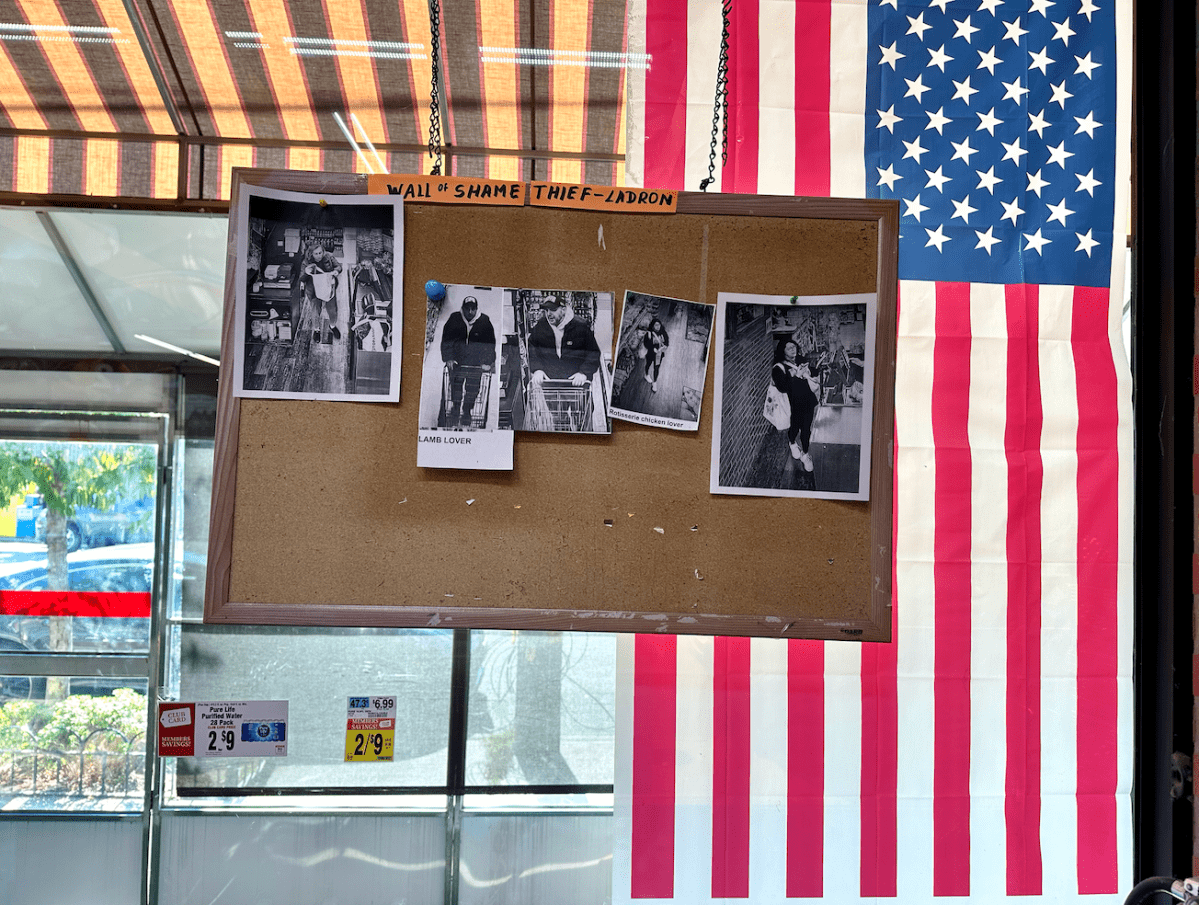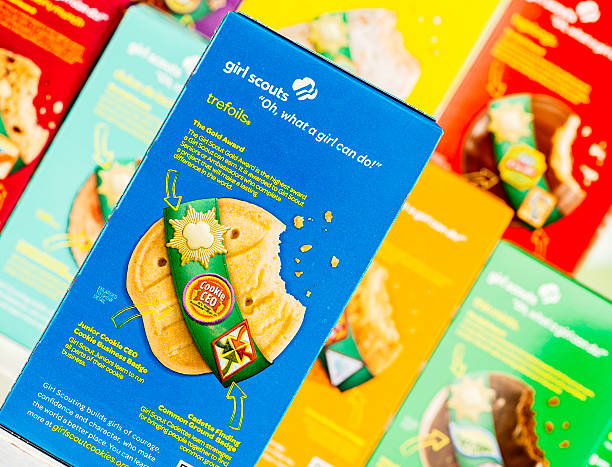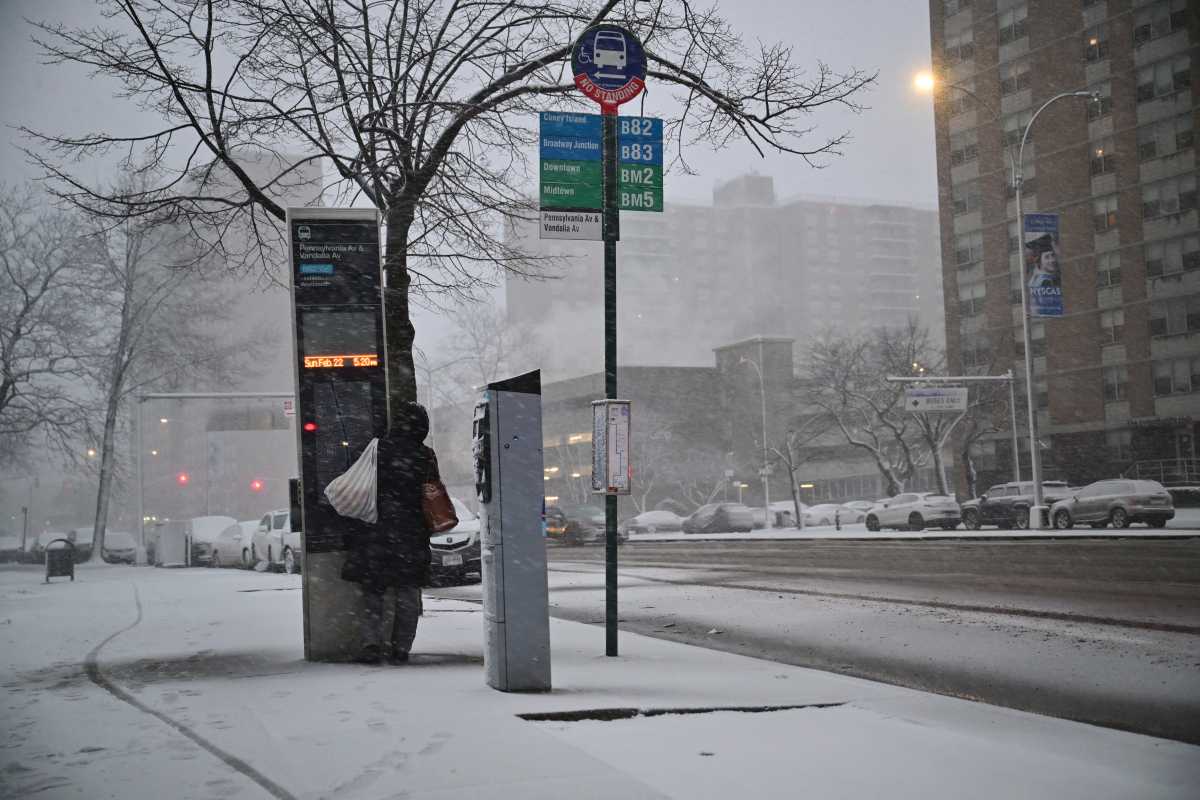Owners, managers and staff at various food markets in Bayside say that food theft has become a bigger issue since the pandemic.
In interviews with QNS, they described various shoplifting methods, from hiding items in reusable tote bags to boldly filling a cart and dashing out of the store. With multiple causes and a variety of methods, finding a clear, simple solution remains out of reach.
Those who regularly witness shoplifting in stores say that supermarket food theft has become more common in the past four years, though they also acknowledge the issue has existed for decades. Several owners said that the issue makes them feel helpless, and unless you are a large corporation, the full extent of the profit loss is difficult to calculate.
David Mandell owns seven supermarkets in eastern Queens and Nassau County. Among them is Holiday Farms on Springfield Boulevard, which his father acquired from previous owners in 1981.
After being in the business for 30 years, he says he has called the police on food thieves hundreds of times. But in most instances, when an employee spots someone stealing in the aisles or through the security footage, they apprehend them, take their picture and make them pay or put back the items without getting the cops involved.
Mandell has made layout changes to try to combat the issue. He has had to move the Häagen-Dazs ice cream next to the registers for more visibility. The baby formula is also under lock and key now.
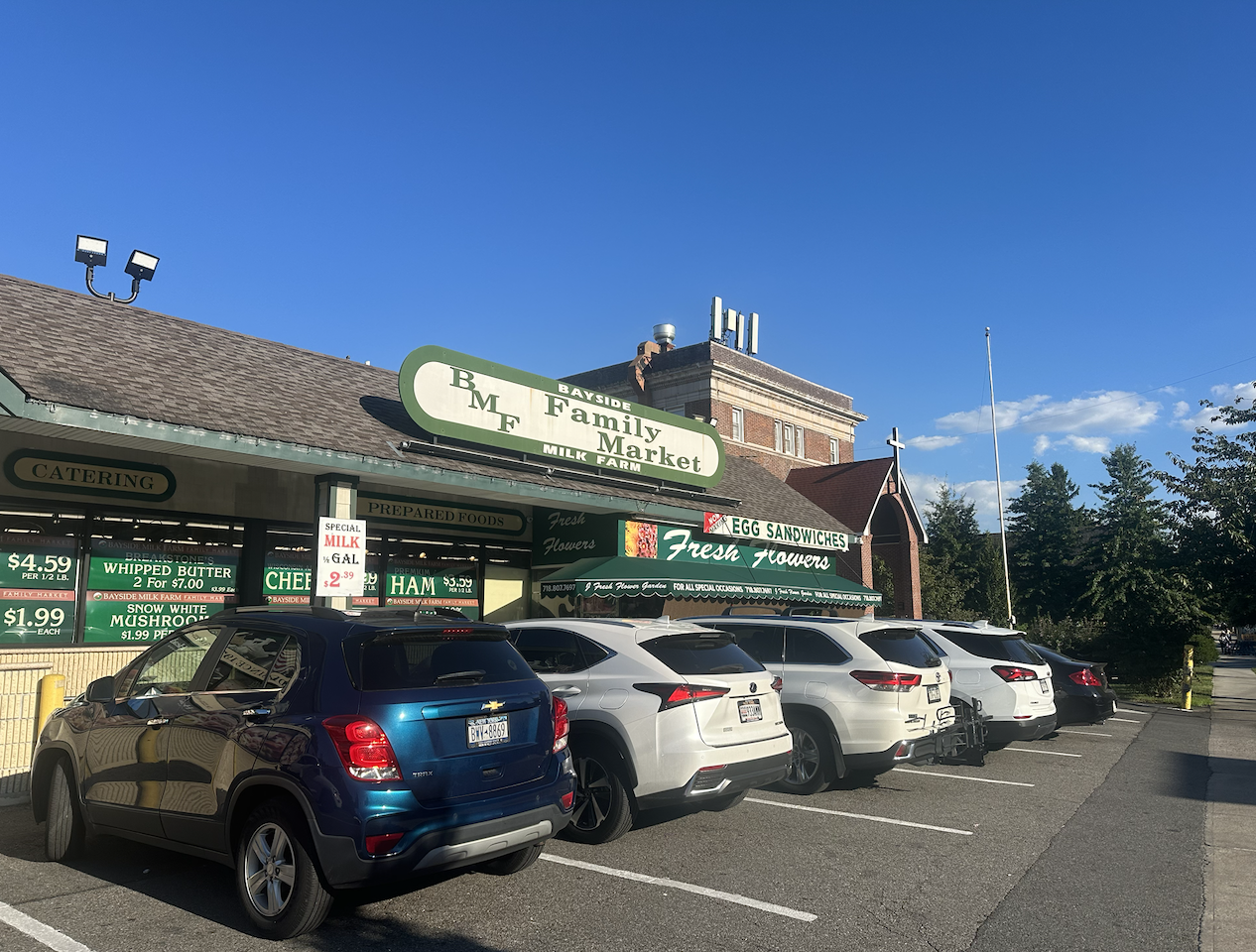
Meanwhile, the family-run Bayside Milk Farm on Bell Boulevard does not have security personnel or enough staff to watch over the security footage. The food market opened in 1976, but longtime owner Paul Perulli says that the issue has become more prevalent in recent years. They catch someone stealing food almost every other week.
This week, he recalled a man in his twenties stealing packaged meat. Security footage shows him grabbing a reusable shopping bag and placing his items inside after scanning his surroundings. The manager apprehended him shortly after, and the thief ran out of the store without the products.
“That’s what we see. I don’t know what we don’t see,” Perulli said, pointing out that the same man also visited the store earlier in the day and was missed the first time.
Owners say the rise in reusable shopping bags following a statewide ban on plastic bags has made stealing easier. And when mask-wearing peaked at the onset of the pandemic, it was harder to spot repeat offenders. They also pointed out that, in some cases, the individuals shoplifting are dealing with mental health issues.
“Sometimes it’s kids. Sometimes it’s adults. Sometimes it’s customers that have been customers with us for 25 years,” Perulli added.
“You’re not going to say anything because they’re your regulars. But every now and then, they’ll put stuff in the bottom of the bag and won’t take it out of the register.”
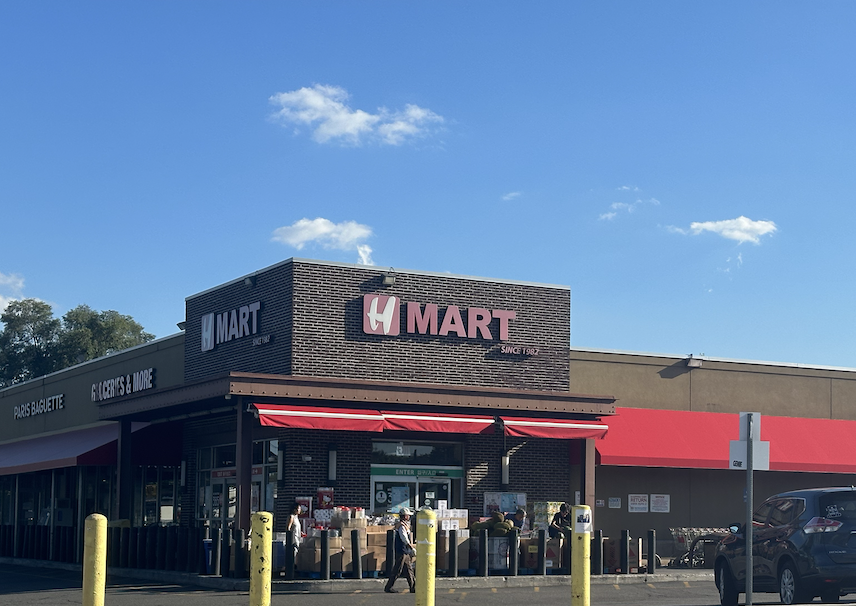
The general manager of an H Mart on Francis Lewis Boulevard in Bayside says that once or twice a month, staff will call the police on someone stealing food. Often, it is expensive meat items like wagyu and kobe beef.
But Charley, the security guard, says the issue is not as bad as at another H Mart location in Flushing, where he previously worked. He believes this location’s distance from subways and busier areas like Bell Boulevard makes it less susceptible to theft. However, he noted that at both stores, meat is the most frequently stolen item.
While many owners acknowledged that food insecurity, hunger and poverty can be behind petty crime, those interviewed do not feel it is a major contributor at their stores. Instead, they believe people have the money to pay, but choose not to because they know they will not face serious consequences.
According to the Council on Criminal Justice, which analyzed data on product theft following the pandemic, shoplifting spiked by 64% in New York in recent years. It was the highest increase out of the 24 cities evaluated between January 2019 and June 2023.
An employee at Foodtown on Bell Boulevard, who did not want to be named, said she began noticing a spike in food theft around 2022. This led the store owner to put up photos of the thieves at the front of the store to deter people from returning.
But she noted that many of the people caught stealing are not repeat offenders and likely do not return out of shame.
Mandell says that finding empathy for the thieves, even those stealing baby formula and food staples, is a fine line. He pointed out that some of his employees work two jobs and struggle to make ends meet.
“Everybody’s working hard,” he said. “If you have too much empathy and you’re a pushover, they’ll just come back.”
He added that across his seven stores, the most commonly stolen items are protein items like meat and shrimp, as well as laundry detergent and baby formula.

